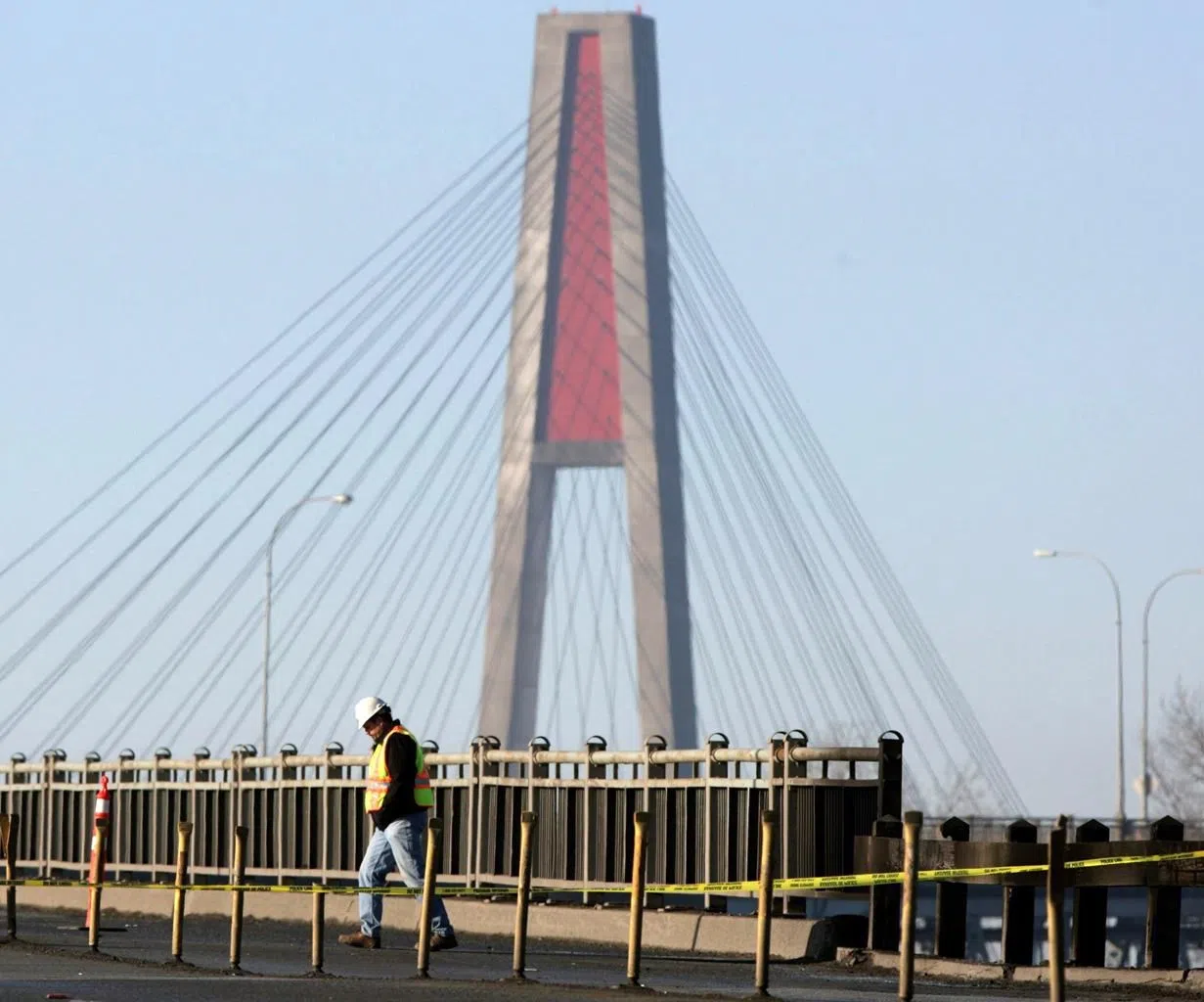
B.C. to pay for and build new Pattullo Bridge in Metro Vancouver
NEW WESTMINSTER, B.C. — The British Columbia government has taken on the $1.37 billion cost of replacing a major commuter crossing in Metro Vancouver, relieving some financial pressure on the transit authority.
The provincial government will fund a new Pattullo Bridge spanning the Fraser River between Surrey and New Westminster. The four-lane bridge was the top priority for a council of mayors that deals with transit and transportation issues on the Lower Mainland.
The original bridge opened in 1937 and was expected to have a lifespan of 50 years. Premier John Horgan said it is “well past its best-before date.”
The announcement also has deeper political implications and signals a better working relationship between the provincial government and the council.


